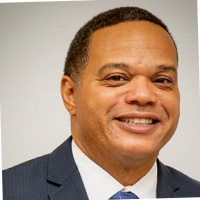Linwood DUI-DWI Lawyer, North Carolina
Lawrence Thomas McPhail
✓ VERIFIEDDUI-DWI, Criminal, Car Accident
Lawrence Thomas McPhail is a retired Troop Commander for the North Carolina State Highway Patrol, having served for twenty-eight years. He also served... (more)
Samuel J. Randall
✓ VERIFIEDCriminal, DUI-DWI, Misdemeanor, Felony, White Collar Crime
Since 1998, Samuel J. Randall, IV has built a solid reputation among his peers, adversaries, and the judiciary in North Carolina as an aggressive and ... (more)
FREE CONSULTATION
CONTACTFREE CONSULTATION
CONTACTScott Galiger
Social Security -- Disability, Workers' Compensation, DUI-DWI, Medical Malpractice
Status: In Good Standing
FREE CONSULTATION
CONTACTFREE CONSULTATION
CONTACT


